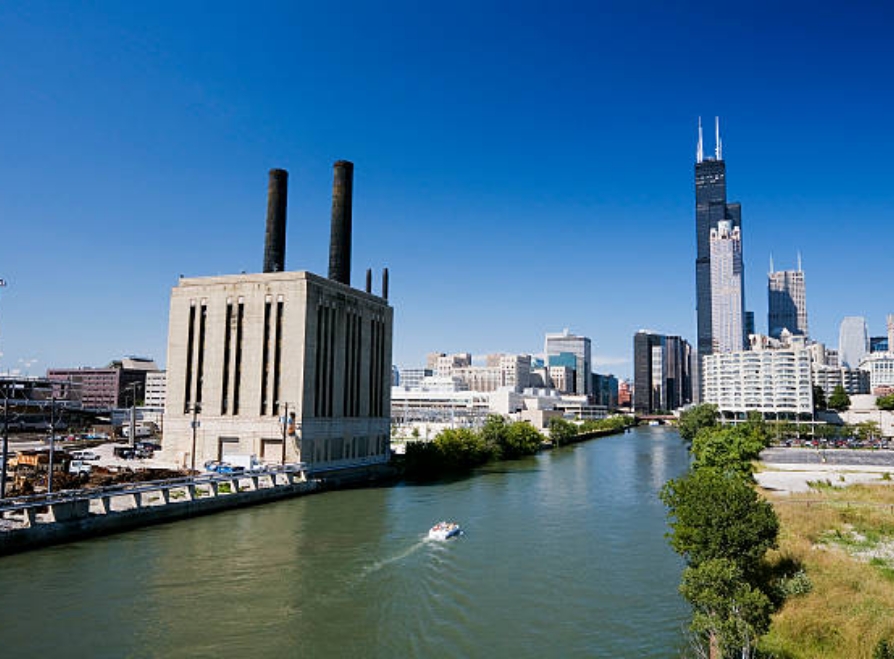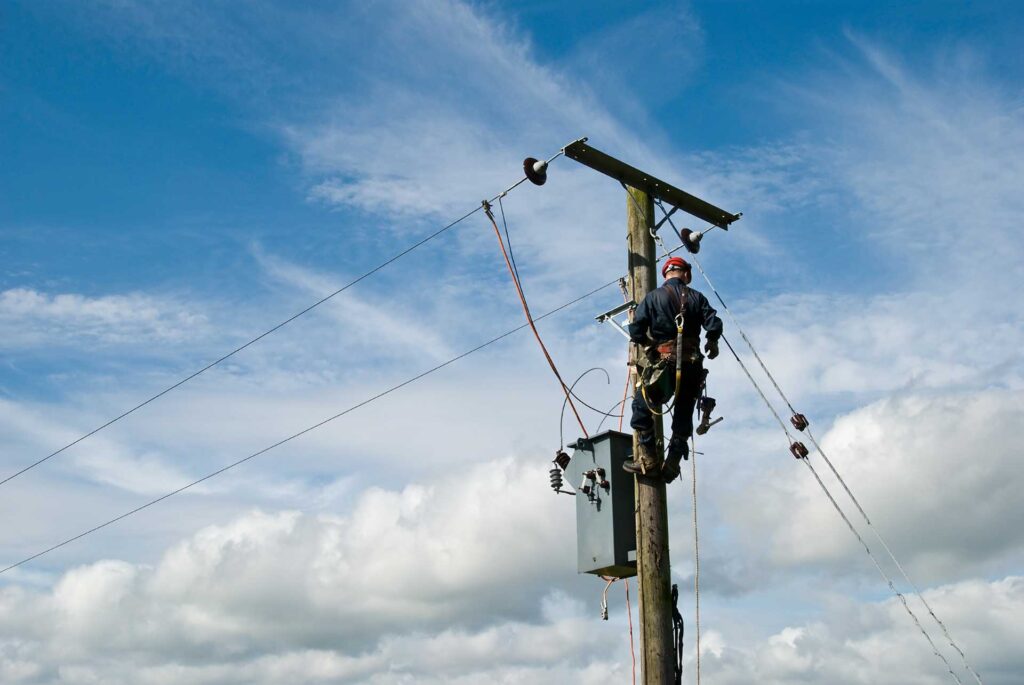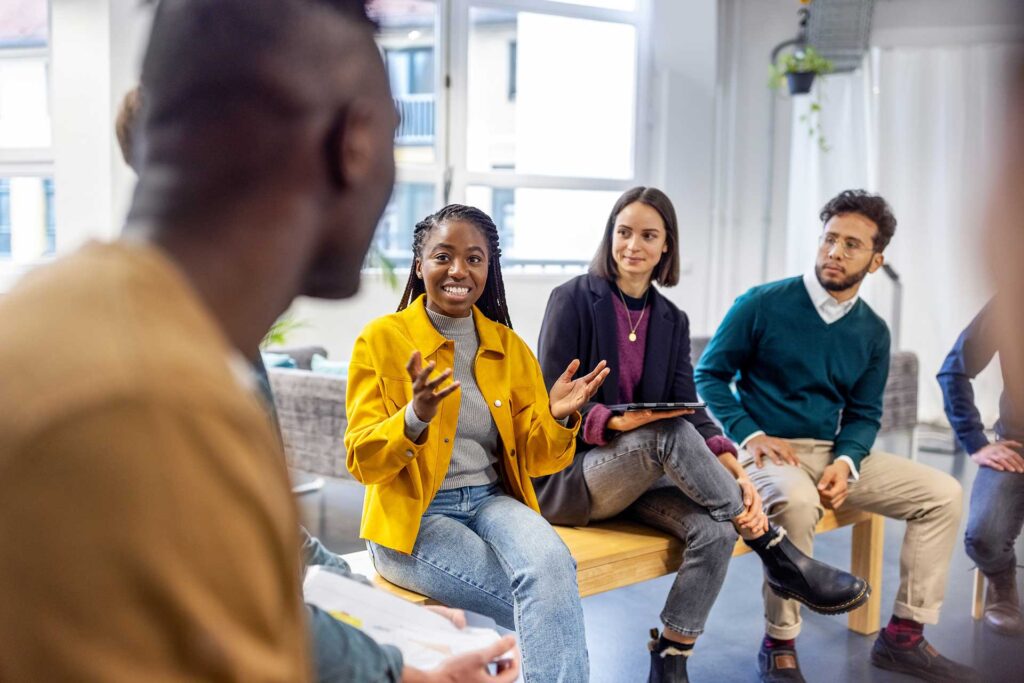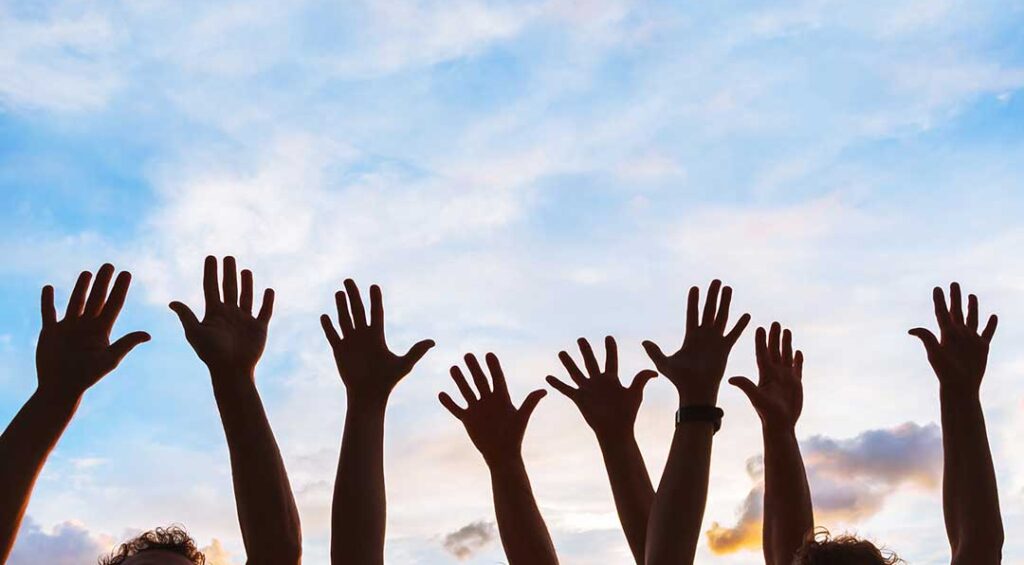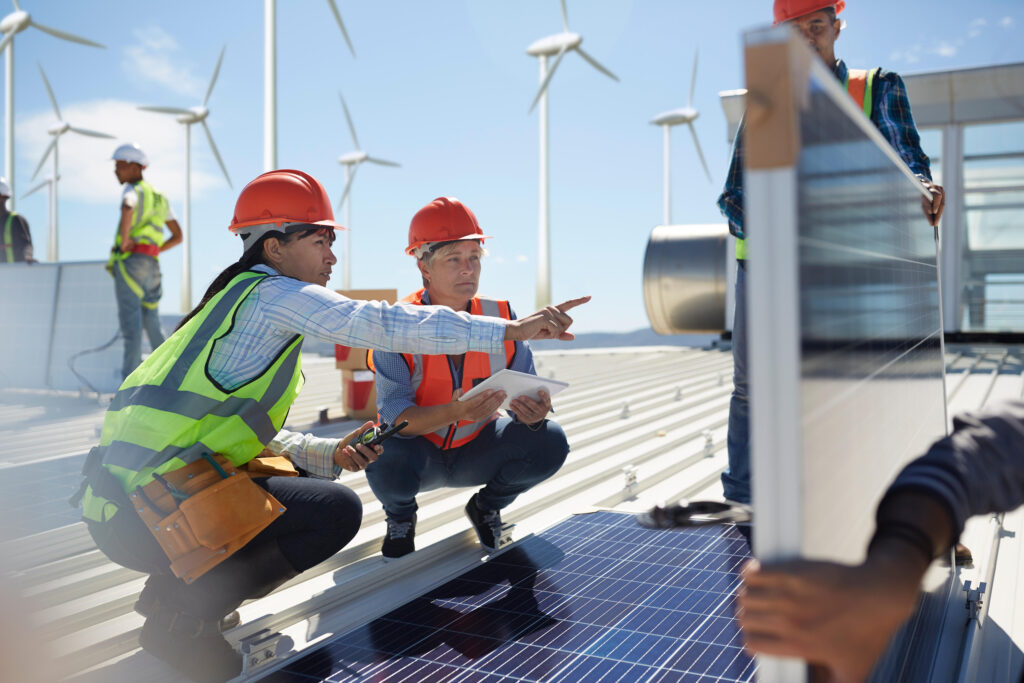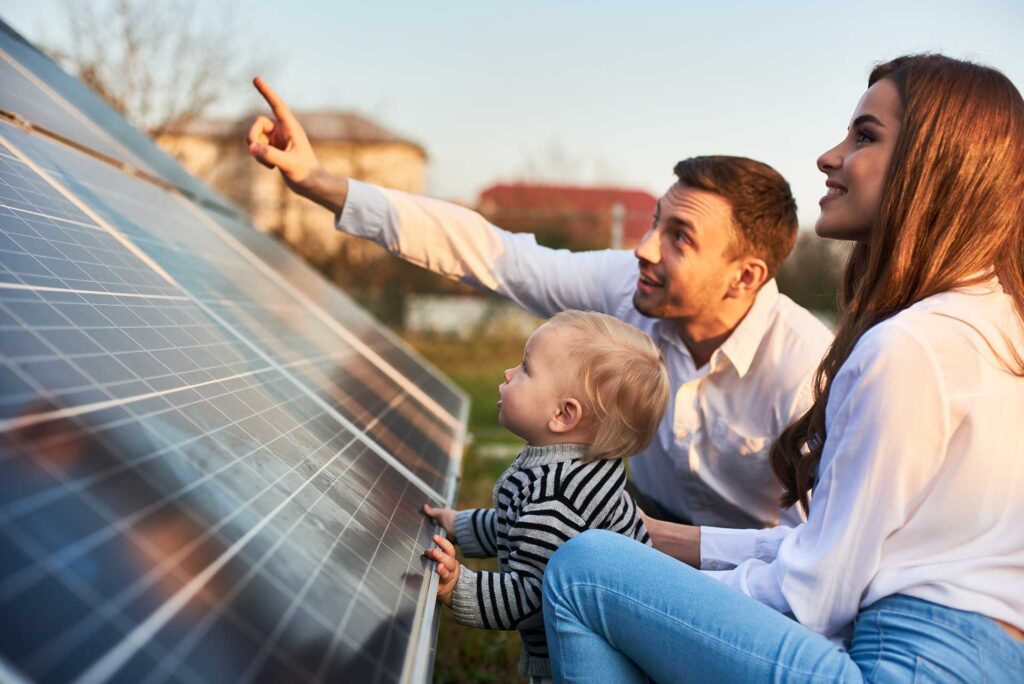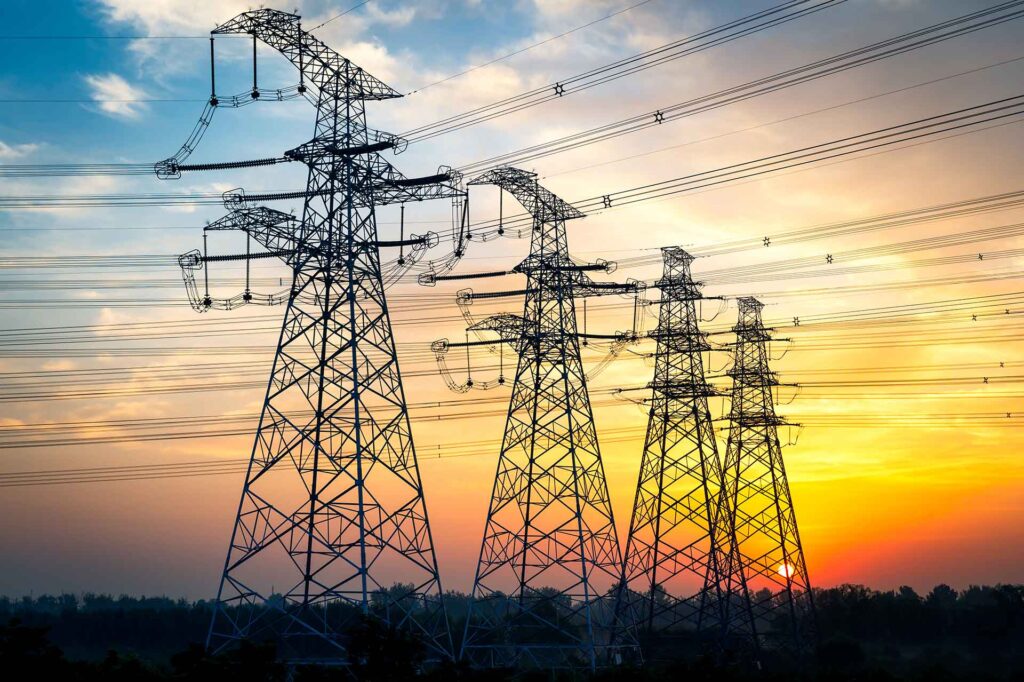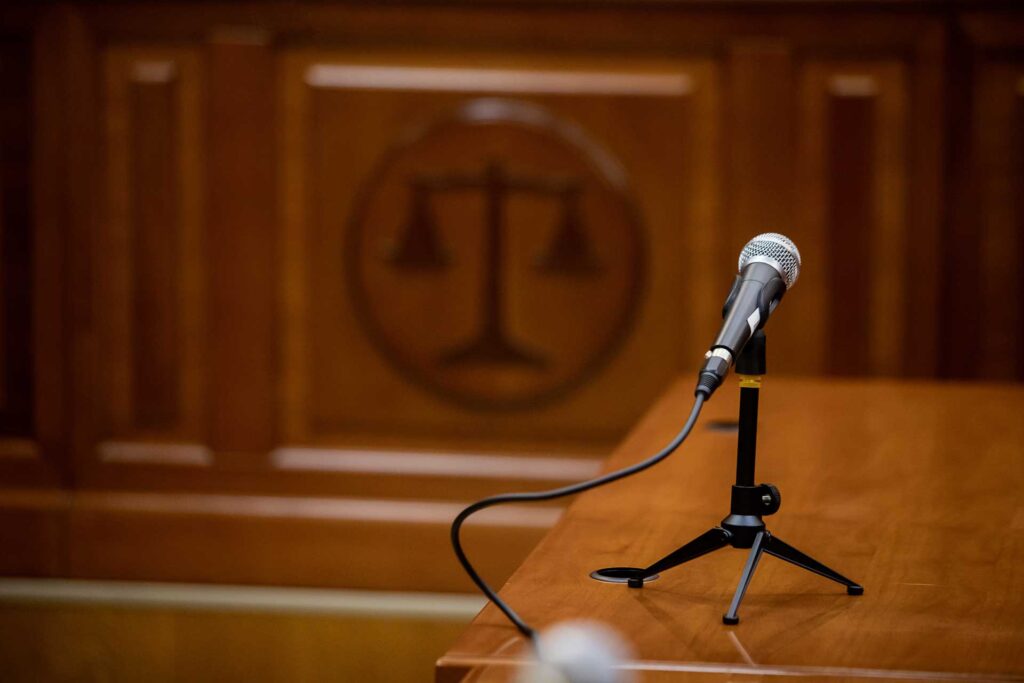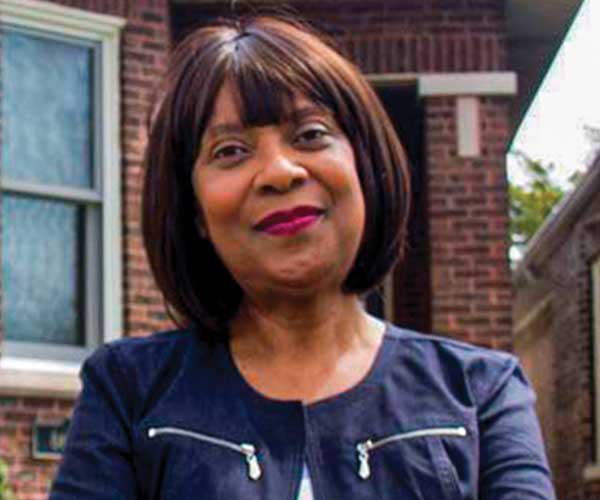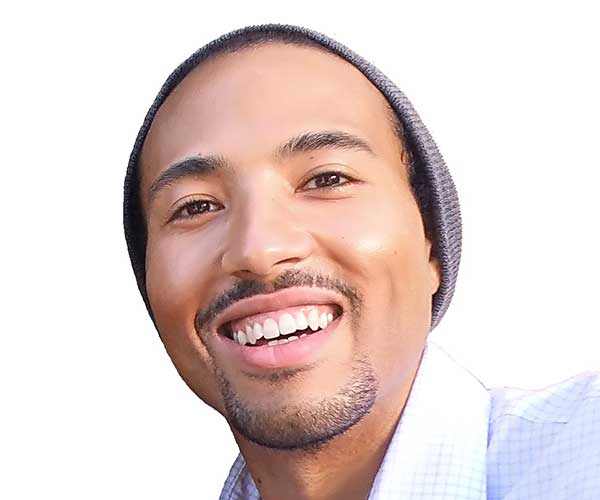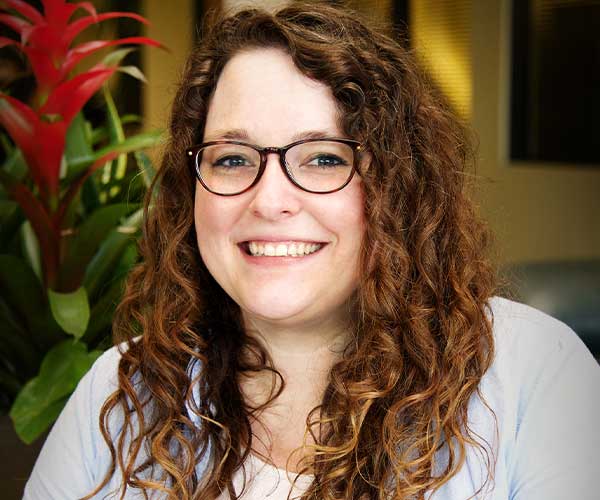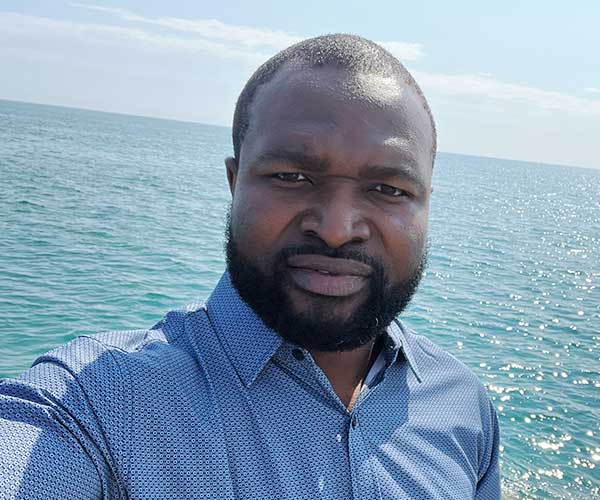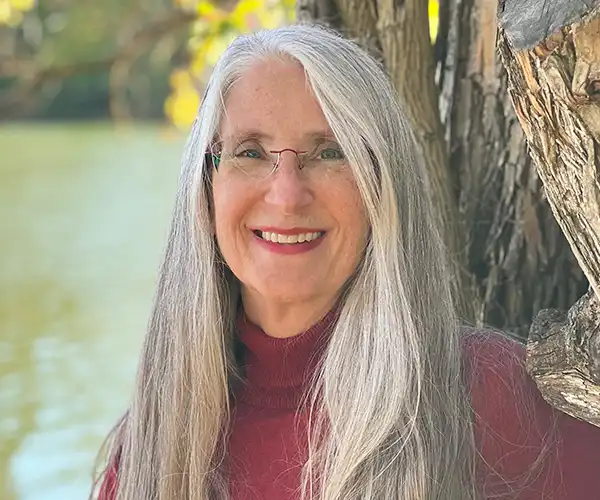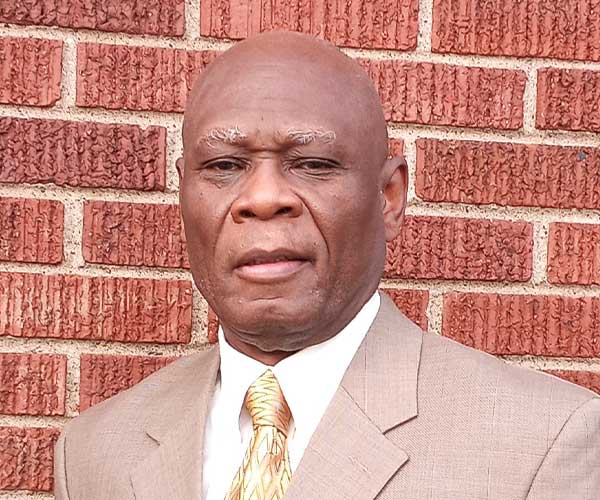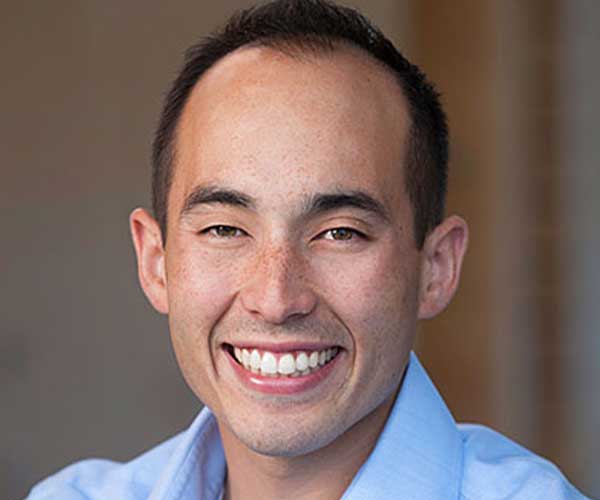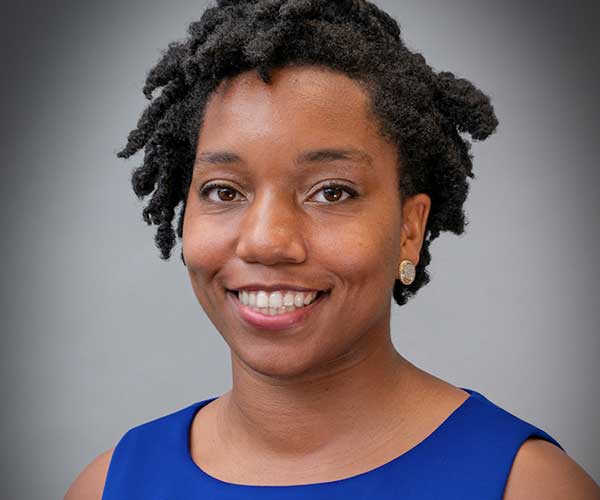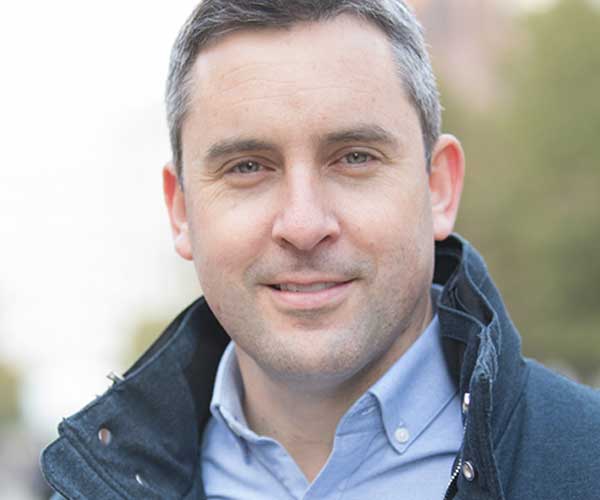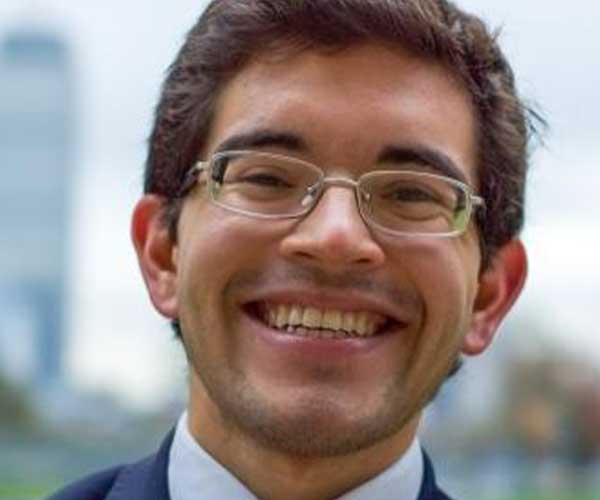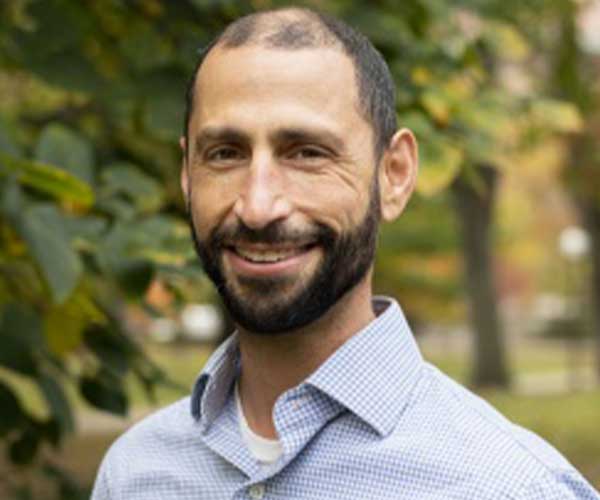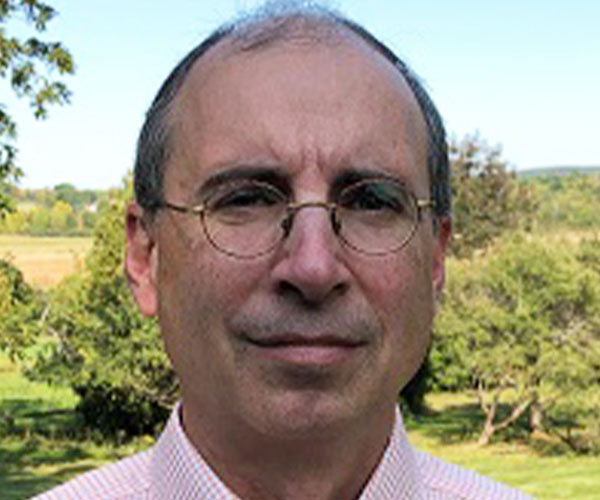About the Toolkit
Frontline, BIPOC, and low-income communities have historically been excluded from energy regulatory and legal decision-making spaces that directly impact their quality of life. Not only are these communities intentionally shut out of the complex legal system governing enormous energy decisions, but when they do get involved, their expertise is often relegated to arenas with less authority and weight, such as public comments that are not a part of the legal record on which decisions can be made. Energy decision makers have historically relied on a narrow definition of ‘expert’ that silences community voices. It does not have to be this way.

